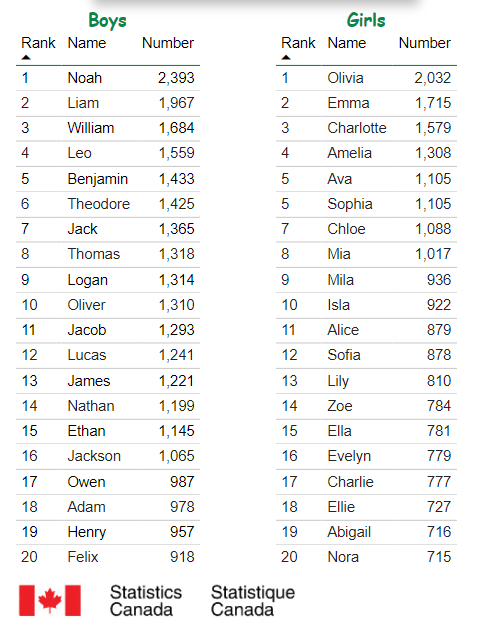A few days ago, I wrote to Library and Archives Canada asking how one submits a suggestion for a fond to be digitized, and how the person can be sure that appropriate consideration is given to the suggestion.
The response came promptly.
Unfortunately, we do not have a formal procedure for receiving suggestions from the public for the digitization of our collection.
Apparently LAC does not value input and feedback from the public.
Peer organizations, the National Archives of Australia, and the British Library (newspapers) have established mechanisms for engaging with the public and soliciting their suggestions. However, LAC’s present procedure, or lack of procedure, means it does not presently meet state of the art internationally.
The remainder of the response from LAC held out some hope.
However, our digitization policy is under review. I’ll verify if there are any provisions in the new version for collecting suggestions from the public. As soon as I have more information on that aspect, I’ll email you.
I’m looking forward to hearing more and will share it on the blog.
In the meantime, I understand some digitization of frequently consulted materials is underway in preparation for the move to the Ādisōke building in 2026.


 Who knew that Statistics Canada keeps track of the popularity of baby names. The record goes back to 1991.
Who knew that Statistics Canada keeps track of the popularity of baby names. The record goes back to 1991. Free, MyHeritage has added index
Free, MyHeritage has added index 
 From The Festoon: a collection of epigrams, ancient and modern. Panegyrical, satyrical, amorous, moral, humorous, monumental, with an essay on that species of composition
From The Festoon: a collection of epigrams, ancient and modern. Panegyrical, satyrical, amorous, moral, humorous, monumental, with an essay on that species of composition